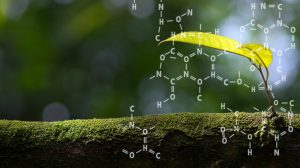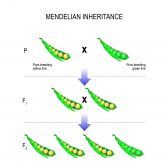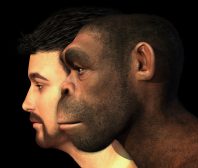Definition
noun
A subfield of ecology concerned with the individual organism or species in relation to its environment
Supplement
Ecology is a branch of biology that deals with the distribution, abundance and interactions of living organisms at the level of communities, populations, and ecosystems, as well as at the global scale. It has different subfields. One of them is autecology. Autecology is the study of the environment in relation to only one species in contrast to synecology, which is the study of the environment affecting groups of species coexisting in the area.
Autecology primarily deals with the individual organism or species with the biotic and abiotic components of an ecosystem or environment. For instance, it aims to measure factors such as nutrient availability, light, and humidity in relation to the organism or species thriving in a particular environment.
Apart from autecology, another subfield of ecology that is closely related to it is synecology. The latter is concerned primarily with the studying groups of organisms associated as a unit or a community. While autecology attempts to understand the relationship between an organism and its environment synecology aims to understand the association of different groups of species in a community.
Word origin: Greek autos (self) + ecology
Synonym:
- species ecology
Compare:
See also:
- population
- ecology
- population ecology







